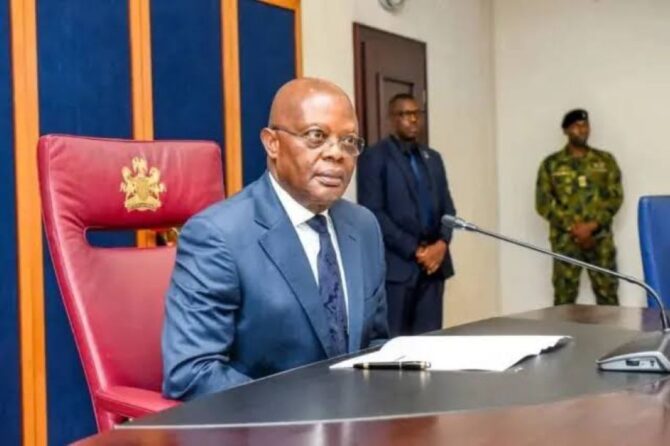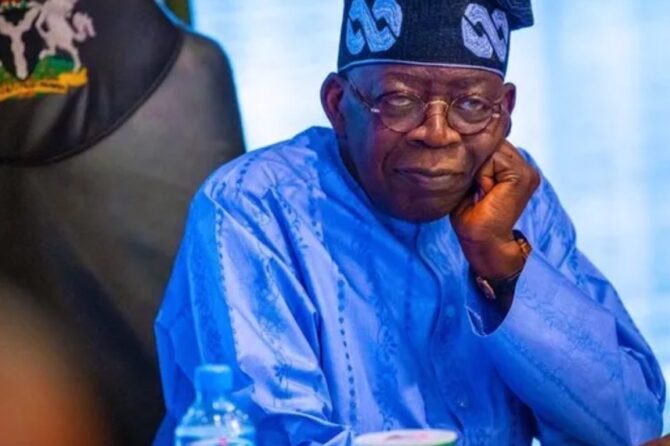Supreme Court Sacks Julius Abure as Labour Party Chairman: Leadership Crisis Deepens
ABUJA — The Supreme Court of Nigeria has delivered a landmark judgment that effectively ends Julius Abure’s tenure as the National Chairman of the Labour Party (LP). In a unanimous decision on April 4, 2025, a five-member panel of the apex court set aside the judgment of the Court of Appeal in Abuja, which had earlier recognized Abure as the party’s national chairman. The Supreme Court ruled that the Court of Appeal lacked jurisdiction to intervene in the party’s leadership dispute, as such matters are internal affairs beyond judicial purview.
Ruling Details
- Jurisdictional Issue:
- The Supreme Court justices emphasized that leadership disputes within political parties are strictly internal matters and should not be adjudicated by courts. This stance aligns with the principle that political parties have the sole authority to resolve their leadership issues.
- Abure’s Tenure:
- The court noted that Abure’s tenure as chairman had already expired, further complicating his claim to the position.
- Appeal Outcome:
- The Supreme Court allowed the appeal filed by Senator Esther Nenadi Usman and another party, declaring it meritorious. It dismissed the cross-appeal by the Abure faction as unmeritorious.
Reactions from Stakeholders
- Labour Party’s Position:
- Despite the Supreme Court’s ruling, the Labour Party’s National Publicity Secretary, Obiora Ifoh, maintained that Abure remains the party’s national chairman. Ifoh argued that the apex court’s decision did not remove Abure but rather upheld the principle that party leadership matters are internal affairs.
- Caretaker Committee’s Response:
- The Labour Party’s Caretaker Committee, led by former Finance Minister Nenadi Usman, welcomed the ruling, seeing it as an opportunity to move the party forward without further litigation.
- House of Reps Caucus Reaction:
- The Labour Party House of Representatives caucus hailed the judgment as a positive step toward stabilizing the party, suggesting it would help end the leadership crisis.
Implications for Labour Party
- Leadership Crisis:
- The ruling deepens the leadership crisis within the Labour Party, as different factions interpret the judgment differently. This could lead to further internal conflicts and power struggles.
- Future of the Party:
- The decision underscores the need for the Labour Party to resolve its leadership issues internally, potentially paving the way for a more unified front in future political endeavors.
Conclusion
The Supreme Court’s judgment marks a significant turning point in the Labour Party’s leadership saga, emphasizing the principle that political parties must resolve their internal disputes without judicial intervention. As the party navigates this challenging period, its ability to unite and move forward will be crucial to its future success.

















